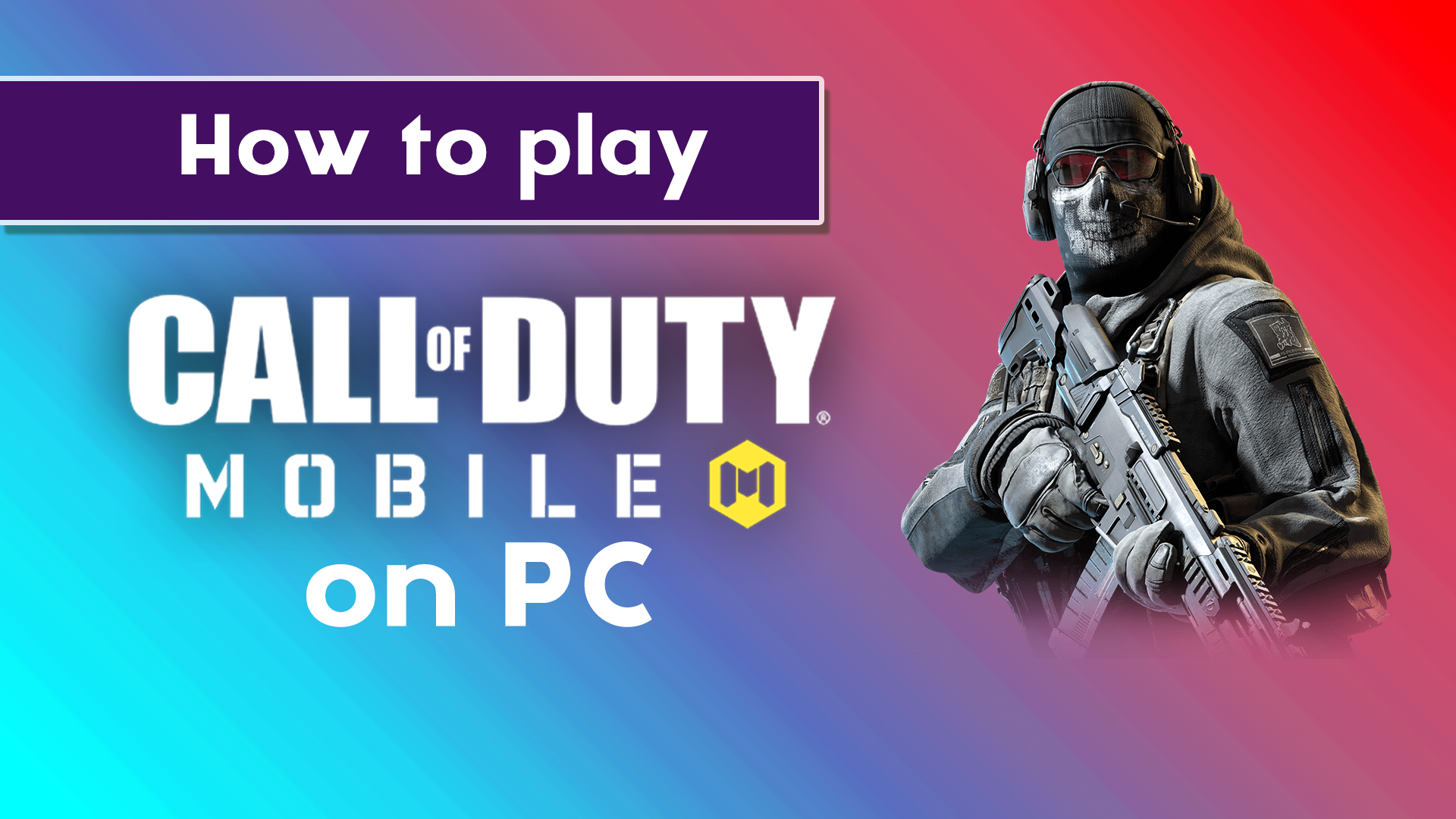Before proceeding to consider the “dirty” methods of monetization, let’s dwell a little on what games are and why we play, in order to understand what strings businessmen from the gaming industry pull their clients by F95Zone.
A game is one of the types of activity carried out according to voluntarily accepted rules in conditional situations. It is a means of psychological preparation for future life situations and a means of modeling conflicts, the resolution of which is difficult in reality. In the game, a person gets the opportunity to relieve various life tensions by creating an artificial playing tension and a corresponding discharge through the mechanism of competition, rivalry.
What are we playing for? In his fundamental work Homo Ludens. A playing man “Johan Huizinga writes:” Every Game is first and foremost a free action. Play under compulsion is no longer a game … A child or an animal plays, for they derive pleasure from play, and this is precisely their freedom. Be that as it may, for an adult and endowed with a sense of responsibility, play is something he could do without. The game is essentially redundant. The need to play becomes urgent only insofar as it follows from the pleasure provided by the game ”.
Contents
The easiest way to monetize
A simple and common way to monetize computer games is to sell a copy of the game to the player (buy-to-play, buy-to-play). The buyer gets the full version of the game at his disposal and can do everything with it that is not prohibited by law and the license agreement.
A supplier sets a price for their game, and consumers in the “free market” can choose the product they like and purchase it. The publisher seeks to cover all of its development, production, logistics, marketing, etc. costs. The player seeks to have fun for good money.
There has long been a certain consensus in the market between publishers and gamers. When we purchase a popular game like HuniePop 2from a well-known publisher, we expect a certain quality.
Also read: [Updated 2021] List of Crazy Craft Mods
Advertising and PR
Advertising and PR activity is a traditional way of manipulating public opinion. Game journalism also helps to pull an owl onto the globe . By distributing pre-release versions of the game to trusted journalists, publishers are trying to hide some quality issues before the start of sales (typical for top games), to ensure good reviews in the press and on popular rating aggregators ( Metacritic ). A large publisher and, concurrently, a large advertiser puts pressure on the ratings aggregator in order to remove “unfair” ratings (TLOU 2). However, it is not always possible to avoid scandals.
And l live advertising of mobile games does not cause any scandal anywhere. Examples are numerous – Chronicles of Chaos , Vikings: War of Clans and RAID: Shadow Legend. The videos do not show gameplay or show gameplay that is not in the game. Users write about the issue in reviews, but publishers ignore the complaint while the ad is running. Formally, there is nothing to complain about.
It is worse when the advertisement plays on people’s strong feelings. In a beautiful and emotional video, calling for the installation of a mobile “strategy” Warpath , the terrible and heroic moments of the battles of the Best grenade spots dust 2 are shown. He did not leave anyone indifferent. But the video has nothing to do with Warpath at all. The game is not about the Second World War. As a result, users flooded reviews with positive ratings for the video, without even downloading the game.
When promoting their projects through popular video bloggers, marketers urge them to personally involve their subscribers in these games – “look for me in a raid”, “I collect money for a new video card.” The next time you see an ad for a mobile game on a channel with hundreds or millions of subscribers, pay attention to its format, notice how they are trying to manipulate you.
Nowadays, the trends are in unusual ways to put pressure on players through the press. Talk about more expensive development , justifying the increase in prices on the one hand. On the other hand, there are requirements to buy games at the start at full cost, evaluating them by trailers, and not to wait for sales. But none of the speakers talk about how to optimize the development, about the interests of the players themselves. And the information leaked to the press demonstrates the inability of “effective” managers to properly arrange work in the studios (in Sony ,Techland , Amazon ) and the manipulative PR activity of companies.
Advertising in games
For traditional computer games, product placement is not something special – the energy drink in Death Stranding was not accidental. In sports simulators and car racing, billboards have long featured the same ads that appear on TV broadcasts. This does not affect the gameplay, and can only sometimes cause dull irritation if such an advertisement is done ineptly. In another form, advertising is practically not found on “adult” platforms.
Selling additional content
Another way to monetize games is to sell additional game content that does not affect gameplay. Most often, the sale of some kind of jewelry – clothes for the main character, the appearance of a weapon, etc. This monetization is used in both free games and full value games.
On the one hand, such purchases do not affect gameplay and game balance. At least they shouldn’t have such an impact. On the other hand, the developers of many shareware projects, publicly voicing their position that they do not use pay-to-win methods, secretly introduce such elements. Caught on such manipulations in the gameEldritch Blast 5e COD Modern Warfare, Activision wrote it off as mistakes and “fixed” the game. And since there is no influence on the gameplay, then all players find themselves on an equal footing.
For shareware games, this monetization is sparing for players unable to pay for games. This way of making money was popularized by Valve, introducing microtransactions in Team Fortress 2 , which made the game completely free , and Valve’s profit only increased.
Now the same policy is followed by many companies in the mobile market, PCs and consoles. The prices for “cosmetics” in such games are often not surprising at all in a good way. But as long as these purchases do not affect the gameplay and everyone is on an equal footing, everything is fine.
Although some developers use tricks to promote “cosmetics”. The most harmless are collaborations with well-known franchises. This is how almost every famous movie and game hero appeared in Fortnite . But there are cheaper ways. It is enough to make free hero skins as ugly as possible. Then few people will not want to update the appearance of their protagonist. And in some communities, they may hunt down a “default” using a simple free look.





